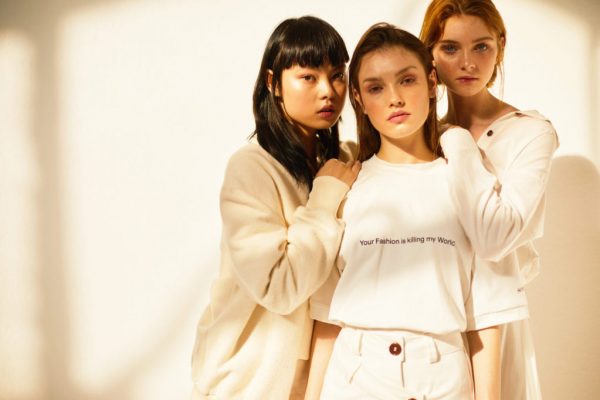With Nike selling more than 25 pairs of shoes every second, sneakers and running shoes are big business.
Over the last decade, the sneaker has made a huge comeback, with designers such as Moschino and Gucci bringing out their sneakers on the catwalk.
The sneaker has a humble history, starting life as a rubber plimsoll (think primary school P.E) in the late 18th century worn by the working class. This than transcended into the mass-produced shoe by Keds, worn by Yoko Ono when she married John Lennon!
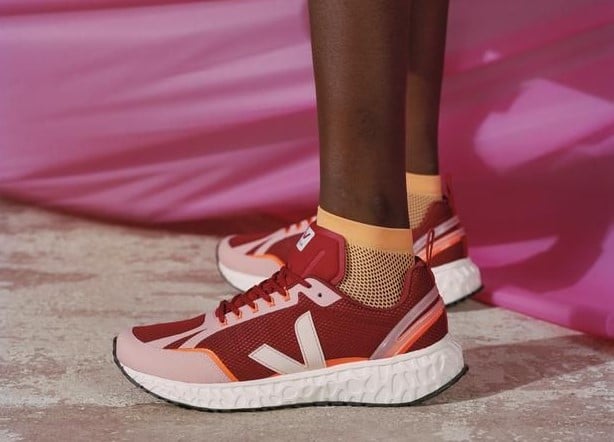
Sadly, with booming trends, comes fast fashion and damage to people or planet along the product’s lifecycle. Shoes are a destructive industry, with 76.8% of the global footwear market manufactured in China using non-renewable fossil fuels.
Sneakers have a very high footprint from materials (polyester, synthetic rubber, leather, plastic) to production methods (molding, foaming, dying). The below brands are alternatives that not only comply with better standards but look good doing it.
“Sneakers got their name because when the user walked they wouldn’t make a sound, making it easy to sneak around.” – The Idleman ‘History of sneakers’, 2018
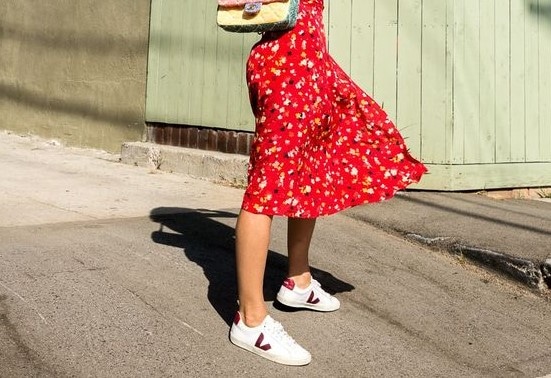
“The Holy Grail” – Veja
Veja is the number one sneaker brand of all time, in all aspects. They are the only sneaker brand to produce ethical and environmentally friendly trainers, without compromising design and function that have gone mainstream.
Veja was set up in 2005, using local natural manufacturing industries in Brazil such as cotton and rubber.
“So why sneakers? …as a consumer product, it stood as a symbol for our generation… When you buy a pair of sneakers from a big brand, 70% of its costs goes to advertising and communication. And only 30% goes to raw materials and production.”
The company ticks every box; transparent, fair trade, low waste, and environmentally friendly manufacturing. The brand also doesn’t use advertising or marketing expenses, to focus on profits on its producers and manufacturers.
It’s no longer good enough for companies to say ‘they expect’ the partners they work with to comply with social and environmental policies – they have ‘to know.’
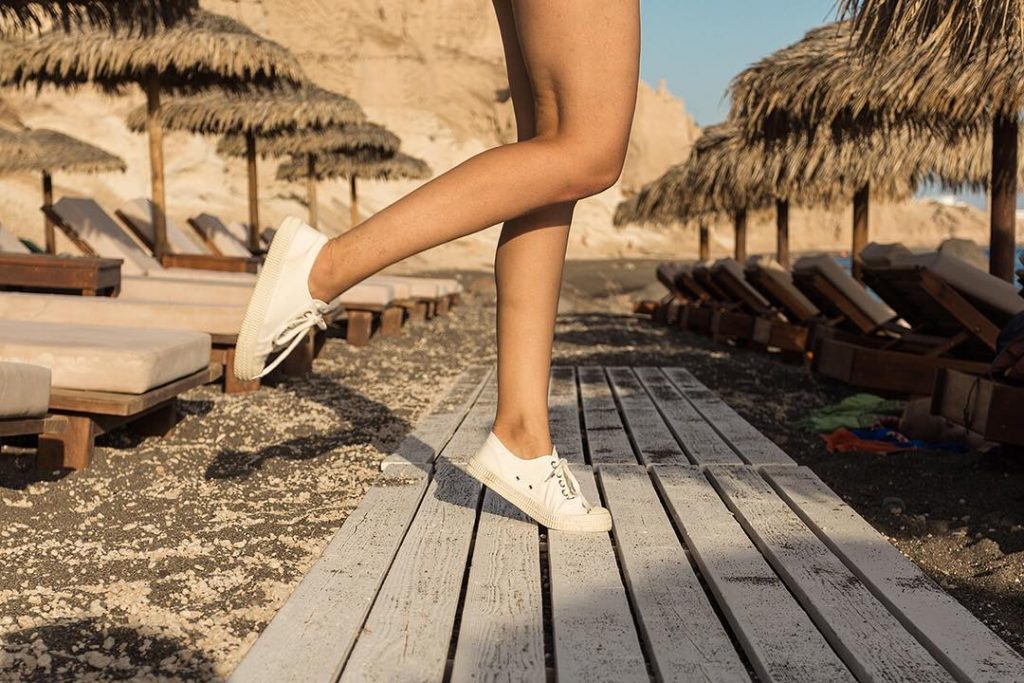
“The classic” – Novesta
Novesta has been producing classic sneakers since 1939, manufactured in Slovakia.
“At Novesta, we are extremely proud of the tradition, heritage, and quality of our hand-made shoes…”
They abide by the highest environmental standards, using natural materials of high quality – cotton, rubber, and linen. The production still uses precise manual work by skilled artisans, which is a rare find for sneakers!
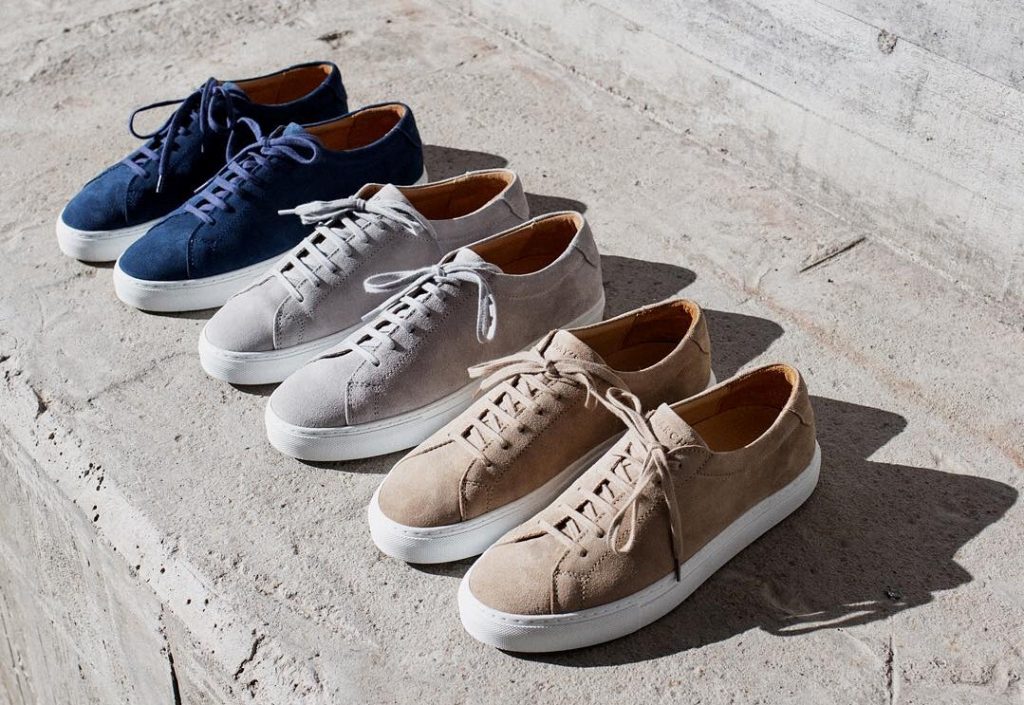
“The shoe that stands the test of time” – A Day’s March
“We would rather make one exceptional shirt than three mediocre ones – our aim is to perfect the essentials.”
Swedish menswear label set up in 2014, offers high-quality basics at a decent price. The brand works with trusted and licensed producers, to make eco-friendly and long-lasting products ethically produced. The focus of the label is quality, to avoid disposable trends. The suede sneakers are my favourite, made from Spanish suede and handmade in Portugal.
“The funky shoe with good sole” – Po-Zu
This vegan sneaker brand combines comfort, style, and strong ethical and environmental standards. They have been ranked number 1 by the Ethical Company, and use sustainable materials such as cork and Pinatex.
They also are contributing to innovation in the sneaker space,
‘The Better Shoes Foundation centers around an open-source website that brings together the best practice from across the industry, spanning everything from the design process through material selection and supply chain to post-consumer life.’
Oh, they also have a current collaboration with Star Wars.
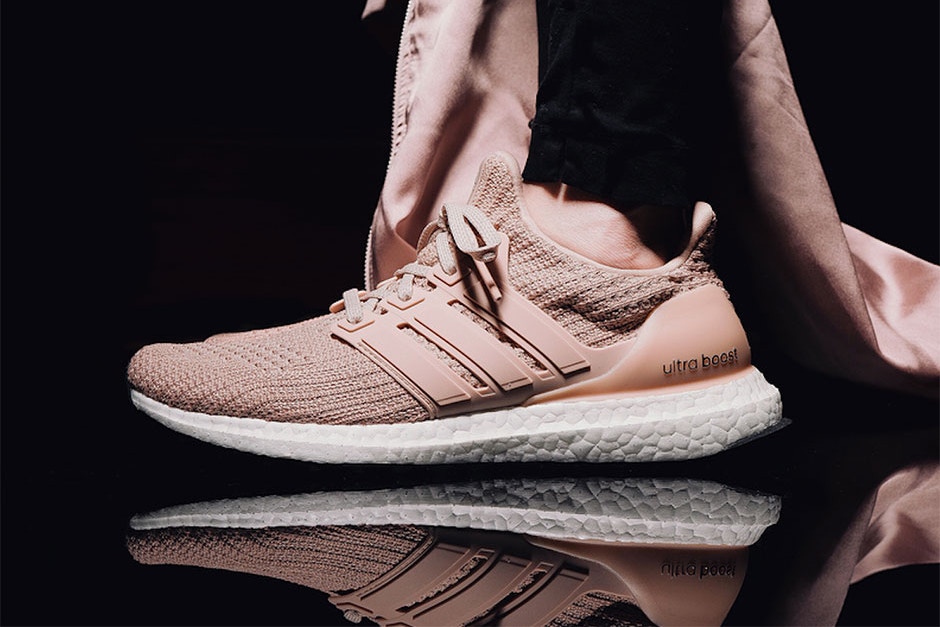
“The best of a bad bunch” – Adidas
OK so I’m not promoting them, but credit where credit’s due – Adidas is trying. They aren’t environmentally or ethically the best, however, they are the best of the big sportswear names such as Nike, Puma, and New Balance.
Over the last few years, they have invested in social responsibility and have even committed to only using recycled plastics by 2024. Recently, I went down to Adidas’ launch of their collaboration with Parley for the Ocean in Sydney. They were promoting the campaign, which not only donates money to the ocean charity to get people outdoors but they released shoes made from ocean plastic.
They have also recently received an ‘A-‘ grade in the 2018 Australian Fashion Report for ethics, but still haven’t yet ensured living wages for supply chain workers. To see more on their

